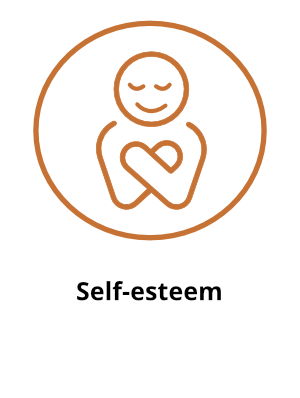Psychosocial Cluster
Home > TAND Clusters > Psychosocial > What to do > Stress
Stress
Some stress is normal and necessary in everyday life. It becomes unhelpful when it starts to interfere with the ability to deal with problems, or even to enjoy everyday life. When people are stressed, they feel worried or under pressure, or sometimes find decision-making and coping more difficult. Here are some tips that could help you deal with stress:
- Look after yourself. Get enough sleep, regular exercise and eat a healthy diet.
- Ask for help: from family, friends, and/or support groups.
- Identify (if you can) things that are stressing you: examples are lack of sleep, doing too much, or anxiety due to TSC.
- Take time for yourself and family.
- Learn some problem-solving techniques. Did you know worrying and problem-solving are not the same thing? Click on the ‘Problem-solving’ resource in the resource panel to access a workbook on how to change your unhelpful worrying into more fruitful problem-solving.
- Learn some calming techniques. The ‘Breathing Retraining’ resource in the resource panel uses research-based strategies to help reduce anxiety.
- Identify when you are stressed. When things seem too difficult ask yourself ‘is this because I am too stressed to think?’.
- As a family, learn to say ‘no’ to give yourselves time: to talk together about your problems, set priorities, have quiet nights in, or time out together.
- If needed, ask for professional help to deal with anxiety or low mood. Improving these makes it easier to think and solve your problems.
The Centre for Clinical Interventions (cci.health.wa.gov.au) has numerous other evidence-based self-help supports that you can access for yourself or as a caregiver for someone else. Click on the relevant resource in the resource panel to discover more.









